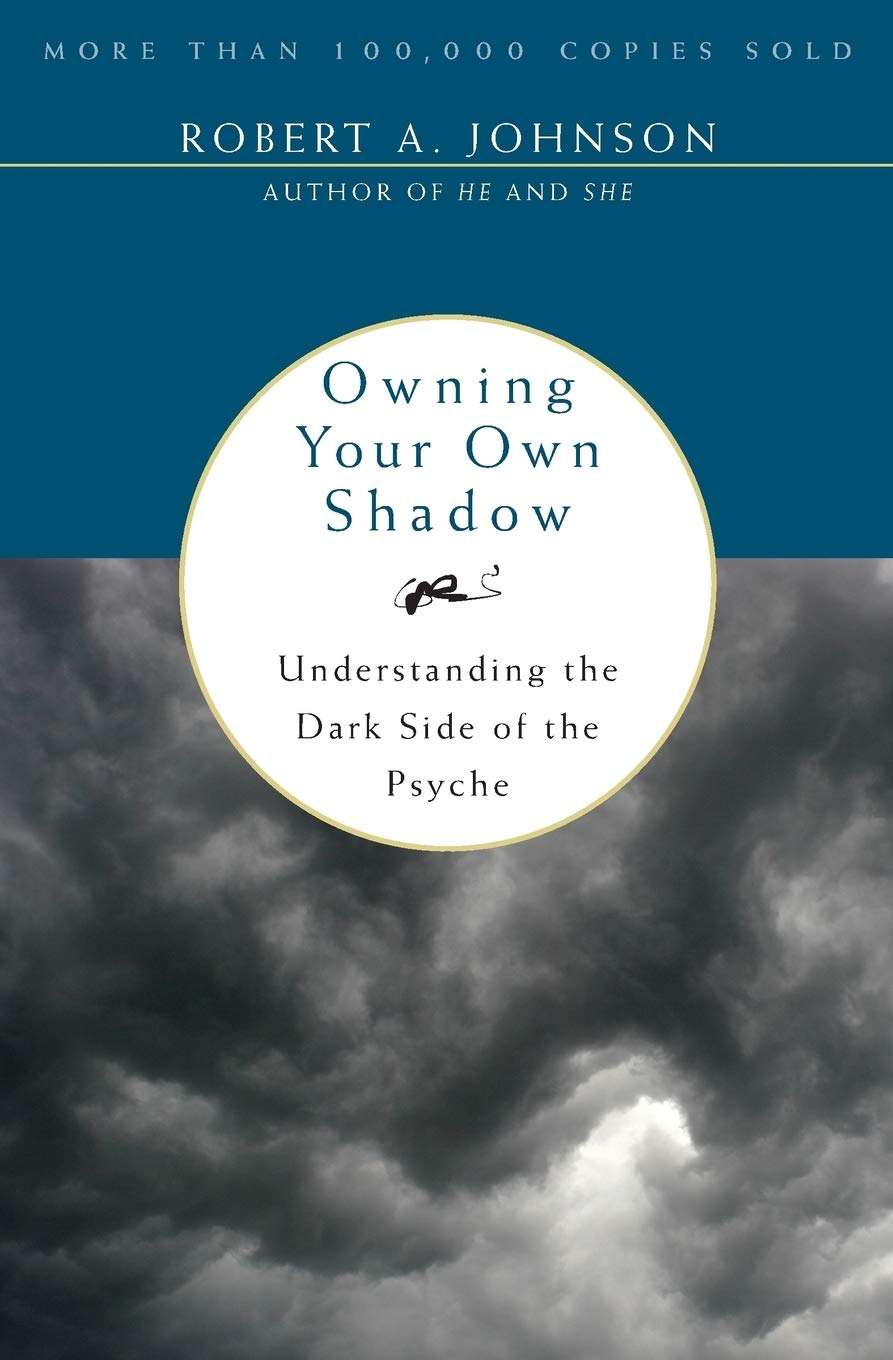Description
**Book: *Owning Your Own Shadow* by Robert A. Johnson**
*Owning Your Own Shadow* is a psychological and philosophical exploration of the “shadow” — a concept introduced by Carl Jung. The shadow represents the unconscious aspects of the personality that the conscious ego refuses to acknowledge or denies. These can include repressed emotions, desires, or traits that society or an individual considers negative or undesirable. The idea behind the shadow is that it holds both destructive and creative potential, and understanding it is essential for personal growth and self-acceptance.
In this concise yet powerful book, **Robert A. Johnson** offers insights into how one can recognize, embrace, and integrate their own shadow to lead a more authentic and fulfilling life. Johnson explains that by confronting and integrating the shadow, individuals can achieve a greater sense of wholeness, power, and creativity, rather than being controlled or overwhelmed by the repressed aspects of themselves.
—
### **Overview of *Owning Your Own Shadow***
1. **Understanding the Shadow**: Johnson begins by explaining the Jungian concept of the shadow, emphasizing that every individual has a shadow self made up of qualities and traits that they have repressed, denied, or ignored. The shadow often manifests in unconscious behavior, such as projections onto others, and may also appear in dreams, fantasies, and compulsive actions.
2. **The Importance of Owning the Shadow**: The core message of the book is that in order to become a fully realized human being, one must come to terms with the shadow. This means acknowledging and accepting all aspects of oneself — the light and the dark. By doing so, individuals can stop repressing parts of their psyche and begin to embrace their full potential.
3. **Integration of the Shadow**: Johnson explains that shadow work involves recognizing the ways in which the shadow influences thoughts, feelings, and behaviors. Integration is not about eliminating the shadow but understanding how it functions within you and transforming it into a source of strength and wisdom.
4. **The Shadow and Relationships**: The book also addresses how the shadow can impact relationships. When aspects of the shadow are projected onto others, it creates tension, misunderstanding, and conflict. By owning one’s shadow, a person can improve their interactions with others, understanding both their own projections and the projections of those around them.
5. **Practical Steps for Shadow Work**: Johnson offers practical advice for individuals who are ready to begin the work of owning their shadow. He discusses how to approach the shadow with openness and compassion rather than fear, and how to incorporate the shadow into one’s life in a constructive way.
—
### **Key Themes and Concepts**
1. **Self-Acceptance**: One of the primary messages of *Owning Your Own Shadow* is the importance of self-acceptance. The shadow holds many of our rejected parts, but by embracing and owning these aspects of ourselves, we can move toward greater personal growth and authenticity.
2. **Projection**: The process of projection occurs when people unconsciously attribute their own repressed feelings or traits to others. By recognizing this process, individuals can stop projecting their shadow onto the world and begin to take responsibility for their own emotional and psychological states.
3. **The Role of the Shadow in Personal Growth**: The book stresses that shadow work is not just about confronting negative traits but also unlocking untapped potential. By integrating the shadow, a person can access new reserves of creativity, energy, and wisdom.
4. **The Balance of Light and Dark**: Johnson illustrates the idea that the human psyche is a balance of light and dark aspects. Rather than rejecting the darkness (the shadow), the goal is to integrate it with the light, creating a more balanced and whole self.
—
### **Why You Should Read *Owning Your Own Shadow***
1. **Self-Discovery**: If you are interested in personal development and deep self-awareness, this book provides a path for discovering the unconscious parts of yourself that may be holding you back. It guides you through understanding your internal conflicts and how to resolve them.
2. **Psychological Insight**: Written by a seasoned Jungian analyst, the book offers profound psychological insights into human nature, especially the ways we tend to hide or deny parts of ourselves that we consider undesirable.
3. **Empowerment**: By taking ownership of your shadow, you can reclaim personal power and freedom. Johnson shows that embracing all aspects of who we are leads to a richer, more fulfilling life. Understanding the shadow can lead to greater creativity, confidence, and emotional resilience.
4. **Practical Guidance**: Though philosophical in its approach, *Owning Your Own Shadow* offers practical tools and exercises that can help you apply its principles in your life. Whether through reflection, journaling, or meditation, the book provides actionable steps for beginning the journey of self-integration.
—
### **Conclusion**
*Owning Your Own Shadow* is a short yet impactful book that delves into one of the most important concepts in depth psychology — the shadow. Robert A. Johnson’s work encourages readers to confront their repressed and unconscious aspects and integrate them into their conscious life for greater personal growth, emotional healing, and fulfillment. Through this process, individuals can achieve a deeper sense of self-acceptance and empowerment, transforming not only how they see themselves but how they interact with the world around them. If you’re looking to understand your own psyche on a deeper level, this book offers an insightful and accessible introduction to the concept of shadow work.













Reviews
There are no reviews yet.